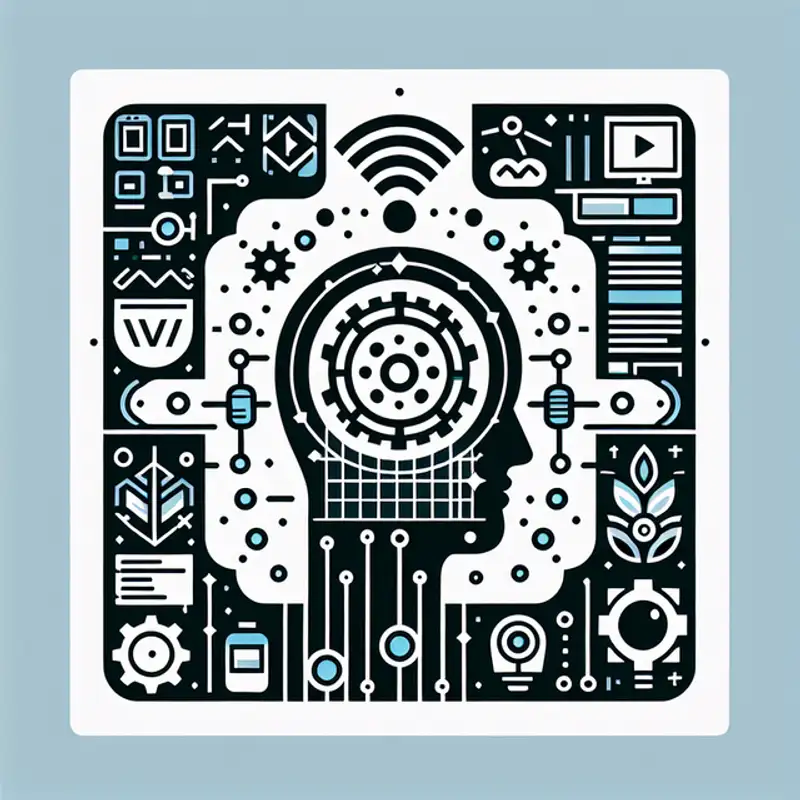 Episode
Episode
· 02:37
In this insightful article, Ars Technica dives into the emerging phenomenon of "vibe coding"—a relaxed, AI-driven approach to software development that lets users describe code in plain English and then let large language models (LLMs) like those from OpenAI and Anthropic handle the heavy lifting. Introduced by former OpenAI researcher Andrej Karpathy, vibe coding emphasizes experimentation and rapid prototyping over traditional, detail-oriented coding practices. Notable tools such as Cursor Composer, GitHub Copilot, and Replit Agent are making this method accessible to a broader audience, turning even casual experimenters into natural language programmers. As Karpathy humorously puts it, "I just see stuff, say stuff, run stuff, and copy paste stuff, and it mostly works," summing up the promise and pitfalls of this approach. However, experts like Simon Willison caution that while vibe coding is fun and expedient for prototyping, it risks significant issues when scaled for production environments.
Key Points:
Listen to jawbreaker.io using one of many popular podcasting apps or directories.